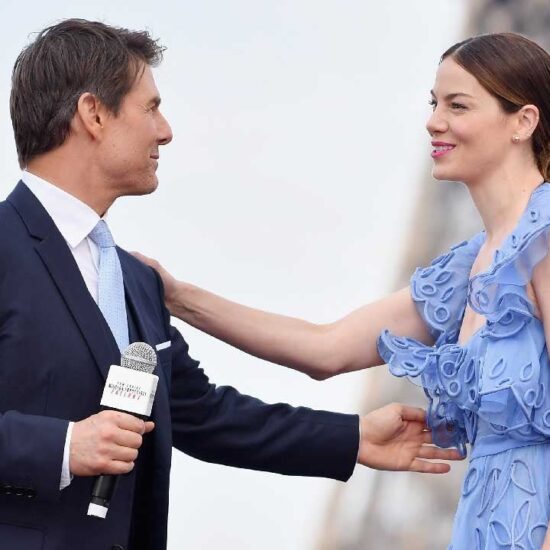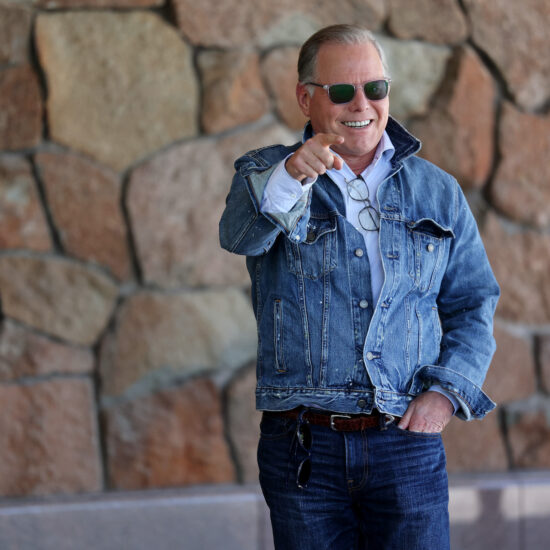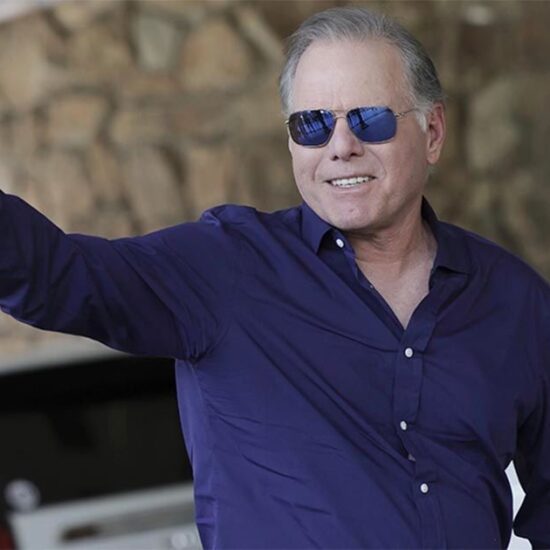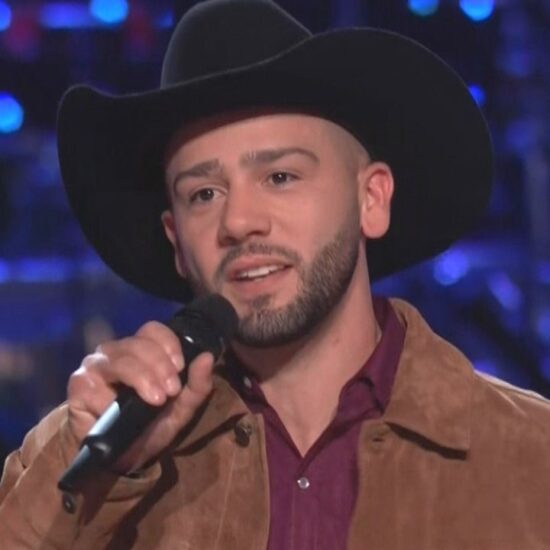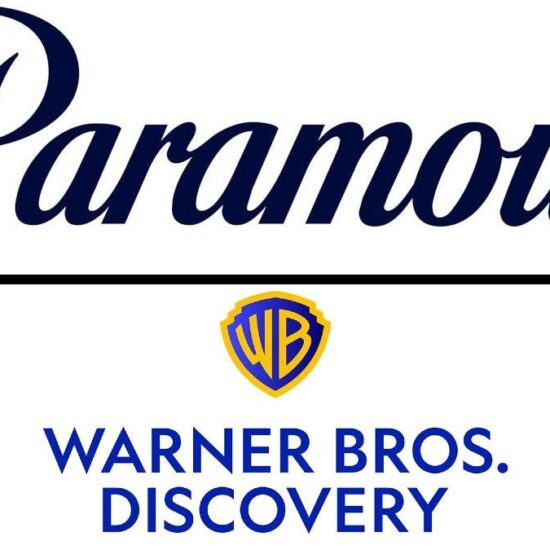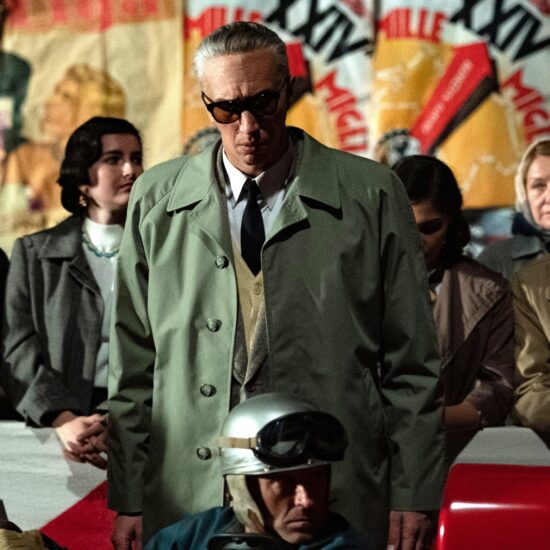
Former President Bill Clinton believes that “democracy is fragile right now,” and he spoke candidly on Saturday at A+E Networks and the History Channel’s History Talks about the issues “tearing us apart.”
“What’s more important? Our common humanity or differences?” he mused on stage. “And what works better to build the kind of future we all want? Does cooperation work better, or is everything a zero-sum game?”
He answered the rhetorical question by saying, “Life is not a zero-sum game. Football is a zero-sum game — I’ve already watched one game today. I hope it’s not true, but it may be true that saving our democracy is just a zero-sum game because democracy is fragile right now.”
The former president was joined by Tom Hanks, chef José Andrés and moderator Chelsea Clinton in an hour-long conversation. They spoke at length about their humanitarian efforts, as well as their hopes and concerns about the outlook of the country.
Chelsea made one thing clear — young people alone should not be responsible for the future of the world. “I loath the framing that young people are going to save us,” she said. “With all due respect, what the fuck are adults doing?”
As the audience cheered, an aghast Hanks mouthed: “She said ‘fuck.’”
Hanks, speaking with the reverence and authority of a history professor, argued that educating people about true historical events can help to get the public to care about — and advocate for — important causes in their own community. But being a storyteller is a responsibility that comes with great power, he said. In short, he doesn’t support artists who feel inclined to bend, bow or break from reality.
“I do non-fiction entertainment,” said Hanks, who has played real-life figures like Captain Phillips, Mr. Rogers, Walt Disney and Captain Sully Sullenberger on screen. “[It’s] the best of entertainment because that comes with a degree of education.”
But while adapting stories for movies, TV, podcasts or documentaries, Hanks said there’s a obligation to ensure the truth doesn’t end up getting “crowded out” at the expense of telling a good tale.
“When we come across inconvenient facts that we don’t want to talk about because it may take away from purity of a protagonist… I say, ‘Oh, what you want to do is alternate history. You want to have an alternative fact.’”
He continued, “Because I’m the boss, I can say things like, ‘Rather than make something up, why don’t you — why don’t we, I’ll say that — come up with a way to make up what really happened fascinating?” Otherwise, he says, “You can fall into this other way where every movie ends up being some version of ‘It’s a Wonderful Life,’ and everything works out.”
Also during the talk, Andrés got the crowd cheering as he delivered an impassioned, rousing plea for the government to treat food as a national security issue. His charity, World Central Kitchen, a food relief operation, has donated hundreds of millions of meals to people and communities in need.
“I’m sorry, but fuel isn’t the most important enemy. Weapons aren’t the most important commodity. The most important energy we need to take care of is the energy that moves humanity forward. And that is food.”
He called on the White House to take action. “Americans, right now, are hungry. We can do better. Let’s make sure, in a bipartisan way, that Republicans and Democrats declare that we will never again have food deserts in America.”
There was a moment of levity in the otherwise sincere conversation, as Hanks joked about his dream to play Andrés in a movie. “I’ve been recording him to get the accent down,” Hanks said, mimicking the inflection of the Spanish chef’s speech. “I can’t cook, but I’ll read cookbooks until the cows come home.”
For his part, Andrés approves the casting choice. But, “he has to get his accent right.” Already, Andrés is charmed by Hanks’ efforts. “I’m falling in love with him every time he says, ‘Jose.’ I’m married, but…”








